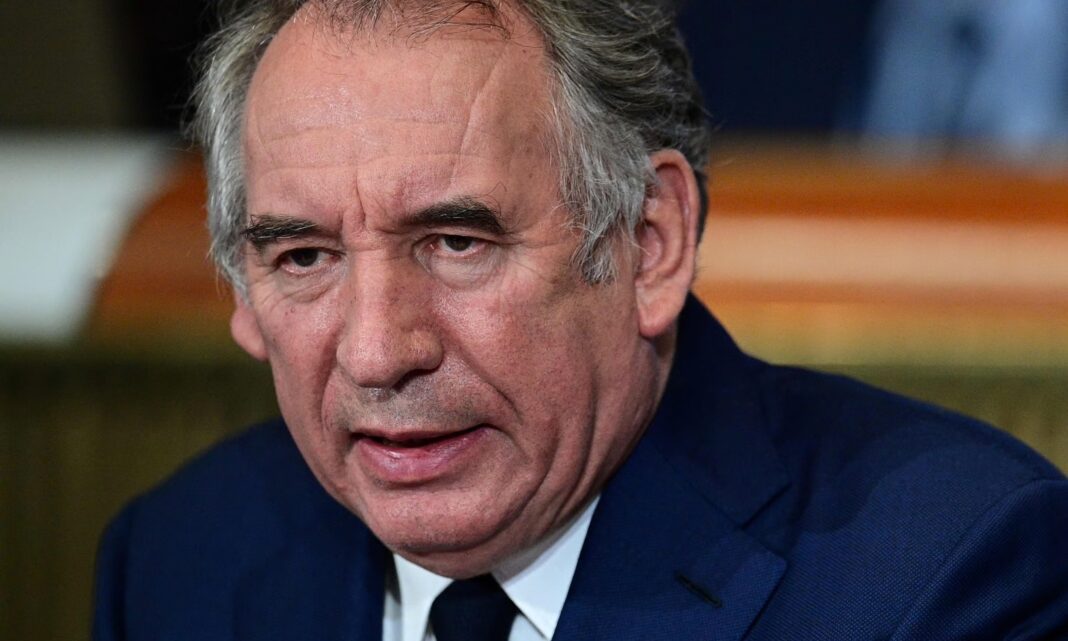François Bayrou Appointed French Prime Minister
François Bayrou, a seasoned politician and a close ally of President Emmanuel Macron, has been appointed as France’s new prime minister. This decision comes after last week’s historic vote of no-confidence ousted the short-lived government of Michel Barnier. Bayrou’s appointment aims to bring stability to a deeply divided French parliament and navigate the country through a turbulent political period.
A Veteran Leader Takes Charge
Bayrou, 73, leads the centrist MoDem party and is known for his long career in French politics. Hailing from southwestern France, he describes himself as a “man of the countryside.” His experience includes serving as a former education minister and mayor of Pau. As a trusted confidant to Macron since 2017, Bayrou has been instrumental in shaping centrist policies.
His appointment makes him the fourth prime minister this year, reflecting the challenges of governing in a fractured political landscape. Macron is counting on Bayrou’s experience and ability to mediate across party lines to stabilise the government and prevent another no-confidence vote.
Challenges Ahead for Bayrou
France’s parliament remains deeply divided following an inconclusive snap election in June. The election split parliament into three major blocs with no absolute majority. A left-wing alliance won the largest share of votes but fell short of forming a majority. Macron’s centrist bloc suffered losses but remains a key player, while the far-right National Rally gained ground but was kept out of power through tactical voting.
Bayrou has immediate task to form a government capable of cooperating with parliament. His priority is to pass a full budget for 2025, which will require navigating the divisions between the left, center, and far-right. The political gridlock poses a significant challenge, with parties holding firm on their positions.
Mixed Reactions to Appointment of Bayrou
Bayrou’s appointment has drawn a mixed response from across the political spectrum. Supporters praise his experience and ability to build consensus, viewing him as a steady hand during uncertain times. Critics, however, see his appointment as a continuation of Macron’s policies, disregarding the election results that favored the left alliance.
The left-wing opposition has expressed dissatisfaction, arguing that Bayrou represents the status quo rather than the change voters demanded. Meanwhile, the far-right National Rally has signalled cautious engagement, emphasising the need for Bayrou to work with all political factions.
The Road to Stability
France’s political turmoil began with the snap election in June, which left the country without a clear governing majority. The previous government under Michel Barnier lasted only three months before being toppled by a no-confidence vote. Macron’s centrist bloc has struggled to find allies in a fragmented parliament, leading to repeated political crises.
Bayrou’s leadership will focus on fostering cooperation among rival factions. His reputation as a skilled negotiator will be tested as he works to build consensus on key issues, including the national budget and social reforms. Failure to do so could result in yet another government collapse.
What’s at Stake?
France’s political instability has broader implications for the country’s governance and economic health. Without a functioning government, critical decisions on public spending, healthcare, and education remain in limbo. The lack of a clear majority also weakens France’s ability to address pressing international issues.
Bayrou’s success will depend on his ability to balance competing interests and steer the government through this challenging period. His tenure could set the tone for Macron’s remaining term and shape the future of French politics.
A Divided Parliament, A United Goal
Despite the divisions, there is a shared goal among political factions: avoiding further instability. The left demands recognition of their electoral success, while the far-right seeks to influence key policies. Bayrou’s challenge lies in navigating these demands while ensuring the government delivers on its promises.
As France watches this new chapter unfold, Bayrou’s leadership will be under intense scrutiny. His ability to unite parliament and address the nation’s pressing issues will determine whether his government succeeds or becomes yet another casualty of political infighting.
Nation Looks Ahead
France faces a critical moment as it grapples with political uncertainty. François Bayrou’s appointment as prime minister offers a chance for stability, but the road ahead is fraught with challenges. His experience and commitment to consensus-building will be vital as he works to restore confidence in the government. As the new administration begins its work, all eyes are on Bayrou to deliver the stability and progress that the French people desperately seek.

